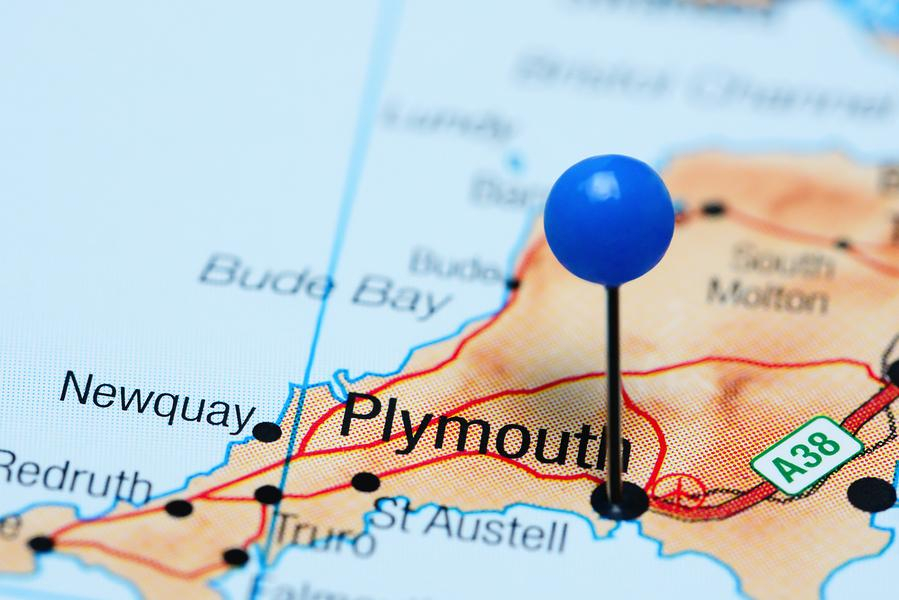If you are planning to put on your own display – whether for bonfire night, a private party or simply because you enjoy fireworks – you may find the following guidelines helpful.
-
Restrictions: Fireworks are not restricted to use on November 5, although they are not generally so readily available in the shops at other times of the year as most High Street retailers have licenses to sell them over a limited time period between the 15th October to 10th November & again from the 26th December to 31st December. There are curfew times that mean its prohibited to set fireworks off after 11pm, though a later time is allowed for certain dates e.g. Nov 5th, or New Years Eve.
-
Where to Buy: Around November 5 you will find most supermarkets, convenience stores and even garden centres sell fireworksThere are also specialist firework retailers in most parts of the country offer a mail order service so you can order on line and have them delivered direct to your home.
-
Make sure the retailer is reputable: Occasionally fireworks get into the market which shouldn’t do and some of these can pose potentially serious risks to the public. So avoid buying fireworks from car boot sales or off the back of a lorry. The chances are these have been imported illegally and have not been safety tested by anyone – hence they could put not only you but also your family at risk. All fireworks should be British Standards BS7114 compliant, or CE marked.
-
Be Aware when ordering on-line: You should be equally careful when buying on the internet. Make sure that the company you buy from is reputable – they should have proper retail premises and they should be a member of a reputable trade body such as the British Fireworks Association or the British Pyrotechnic Association. You should also be aware that the cost of shipping fireworks is high because they are treated as explosives and delivery companies charge a premium because of the safety issues. So don’t be surprised if the delivery charge is £20 or even £50, depending on the size of the material.
-
Be a Good Neighbour: Before you put on your display make a point of telling your neighbours what you are planning to do and when – that way you will avoid the upsets that can be caused by sudden bangs waking up children or frightening pets. If you tell them when and where its all happening they may well enjoy the display themselves. Fireworks should not be used before 7am or after 11pm when most people are sleeping, although there are exceptions in law to allow for New Year’s Day and November 5 – see the LACORS guidelines.
-
Plan Ahead: Do try and plan well in advance – particularly if you are thinking of putting on a display around November 5 – as retailers get very busy at this time of year and, if there are long queues, may not be able to give you the time they would otherwise. Looking at retailers websites before visiting the shops can also be useful in giving you an idea about the sort of things available.
-
Storage: Because fireworks contain explosive materials they are covered by regulations designed to safeguard you and other members of the public. Most important, you need to store them away from any other inflammables – such as petrol, oil or paint – and away from anything that might cause ignition, such as electrics or heat. They must also be stored in a dry place and nowhere where the temperature may vary enormously. The storage of fireworks – particularly the length of time they can be kept for – is covered by law. Virtually all consumer fireworks will contain less than 5Kg of explosive and fall into the 1.4G (0336) or 1.3G (0335) UN classifications. This means they can be kept for an unlimited period. However, if you are buying large quantities, check with your supplier what classification they fall into and how long they can be kept.
- Safe Distances: Make sure that those viewing your display are well away from the firing area and that the fireworks are directed away from this area as things can go wrong. As a general guide, at least 50 metres should be allowed between spectators and the firingSee HSE Guidance: http://www.hseni.gov.uk/hsg124_fireworks.pdf
Links
Fireworks: the law: https://www.gov.uk/fireworks-the-law
HSE Guidance: http://www.hseni.gov.uk/hsg124_fireworks.pdf
The Fireworks Safety Code: http://www.onlinefireworks.co.uk/pdf/dti-Firework-Safety-Code.pdf
Blue Cross Safety Code: http://www.onlinefireworks.co.uk/pdf/BlueCross-Fireworks-and-Animals.pdf
LACORS guidelines: www.onlinefireworks.co.uk/pdf/Fireworks-Safety-Regulations.pdf
The British Fireworks Association - www.b-f-a.org/index.html
The British Pyrotechnists Association - www.pyro.org.uk





